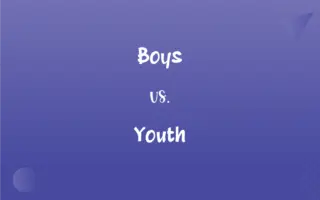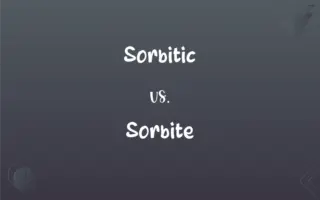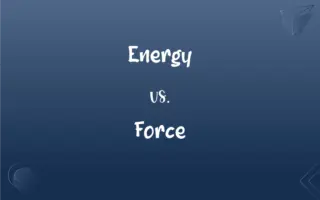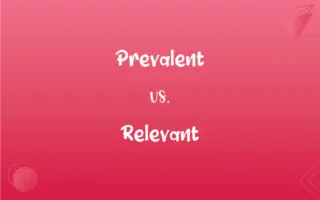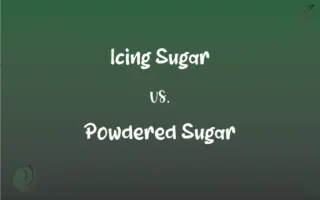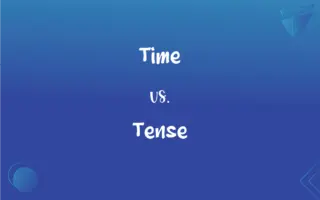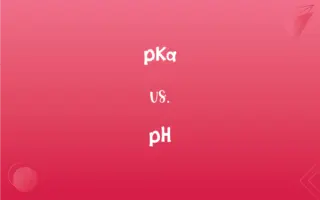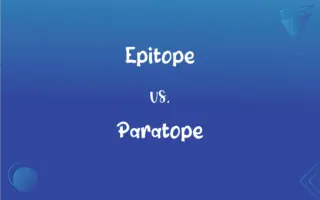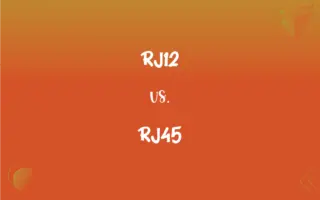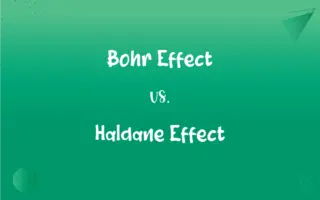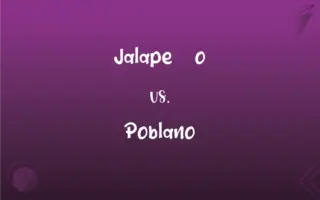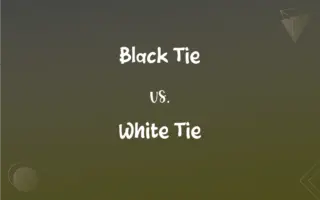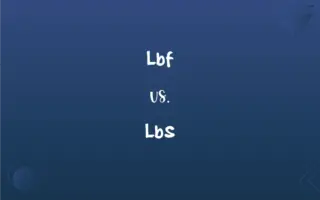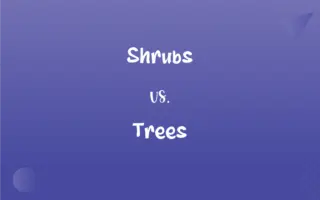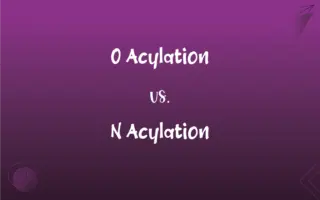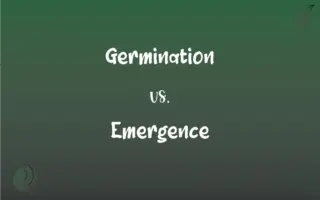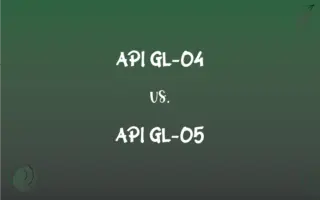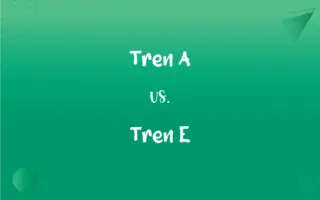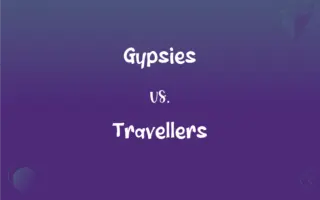Coda vs. Overture: What's the Difference?
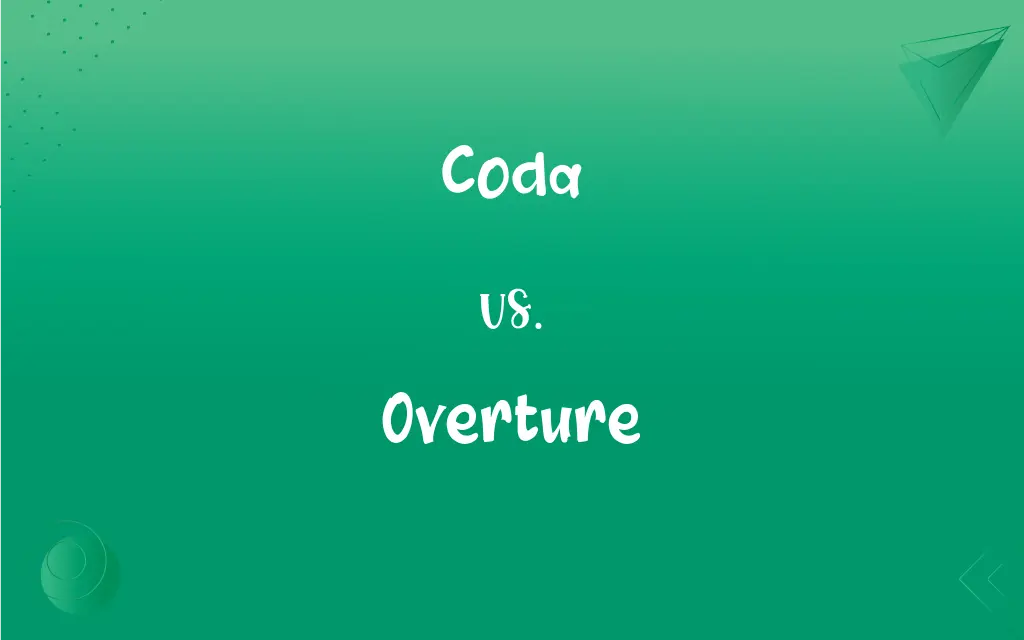
Coda and Overture Definitions
Coda
(Music) The concluding passage of a movement or composition.
Overture
An instrumental composition intended especially as an introduction to an extended work, such as an opera or oratorio.
Coda
A conclusion or closing part of a statement.
Overture
A similar orchestral work intended for independent concert performance.
Coda
(music) A passage that brings a movement or piece to a conclusion through prolongation.
ADVERTISEMENT
Overture
An introductory section or part, as of a poem; a prelude.
Coda
(phonology) The optional final part of a syllable, placed after its nucleus, and usually composed of one or more consonants.
The word “salts” has three consonants — /l/, /t/, and /s/ — in its coda, whereas the word “glee” has no coda at all.
Overture
An act, offer, or proposal that indicates readiness to undertake a course of action or open a relationship.
Coda
(geology) In seismograms, the gradual return to baseline after a seismic event. The length of the coda can be used to estimate event magnitude, and the shape sometimes reveals details of subsurface structures.
Overture
To present as an introduction or proposal.
ADVERTISEMENT
Coda
(figuratively) A conclusion (of a statement or event, for example), final portion, tail end.
Overture
To present or make an offer or proposal to.
Coda
A few measures added beyond the natural termination of a composition.
Overture
(obsolete) An opening; a recess or chamber.
Coda
The closing section of a musical composition
Overture
(obsolete) Disclosure; discovery; revelation.
Overture
(often in plural) An approach or proposal made to initiate communication, establish a relationship etc.
Overture of friendship
Overture
(Scotland) A motion placed before a legislative body, such as the General Assembly of the Church of Scotland.
Overture
(music) A musical introduction to a piece of music, or a play.
Overture
(intransitive) To make overtures; to approach with a proposal.
Overture
An opening or aperture; a recess; a chamber.
Overture
Disclosure; discovery; revelation.
It was heThat made the overture of thy treasons to us.
Overture
A proposal; an offer; a proposition formally submitted for consideration, acceptance, or rejection.
Overture
A composition, for a full orchestra, designed as an introduction to an oratorio, opera, or ballet, or as an independent piece; - called in the latter case a concert overture.
Overture
To make an overture to; as, to overture a religious body on some subject.
Overture
Orchestral music played at the beginning of an opera or oratorio
Overture
Something that serves as a preceding event or introduces what follows;
Training is a necessary preliminary to employment
Drinks were the overture to dinner
Overture
A tentative suggestion designed to elicit the reactions of others;
She rejected his advances
